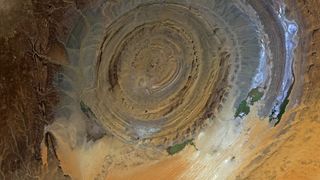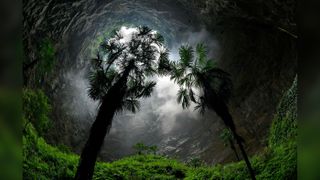Geology
Explore Geology
Latest about Geology
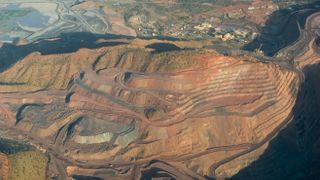
Argyle mine: Earth's treasure trove of pink diamonds born during a supercontinent's break up
By Sascha Pare published
During 37 years of operations, the now-closed Argyle mine produced more than 865 million carats (191 tons) of rough diamonds and 90% of the world's pink diamonds.
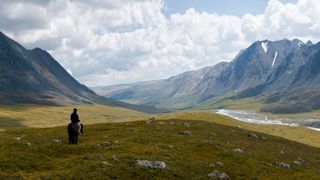
Boiling rocks from Earth's crust tore an ocean into Mongolia 410 million years ago
By Stephanie Pappas published
An ocean that opened up in what is now Mongolia 410 million years ago was created by a hot upwelling of rock known as a mantle plume.
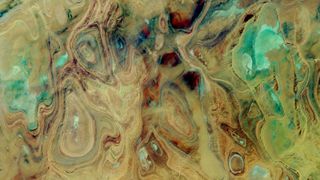
Near-lifeless 'Land of Terror' looks like an alien landscape in the Sahara
By Harry Baker published
Earth from space A 2017 satellite image of the Sahara's Tanezrouft Basin shows the abstract beauty in ancient rock folds and colorful salt flats that have been sculpted in this terrifying region over millions of years.
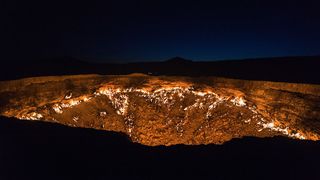
Gates of Hell: Turkmenistan's methane-fueled fire pit that has been burning since 1971
By Sascha Pare published
Geologists set Turkmenistan's Darvaza gas crater ablaze in 1971, thinking the fire would die down within a few weeks, but the pit is still burning 53 years later.
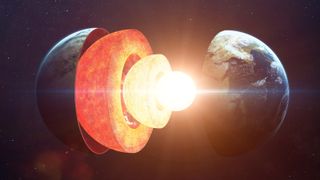
Earth's rotating inner core is starting to slow down — and it could alter the length of our days
By Harry Baker published
A new study confirms that Earth's inner core has been rotating more slowly than usual since 2010. This mysterious "backtracking" could also end up slightly altering the planet's overall rotation, lengthening our days.
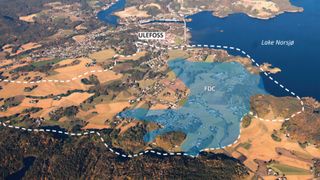
Enormous deposit of rare earth elements discovered in heart of ancient Norwegian volcano
By Stephanie Pappas published
The Fen Carbonatite Complex may be Europe's key to a secure rare-earth-element supply chain following the discovery of a huge deposit at the site.
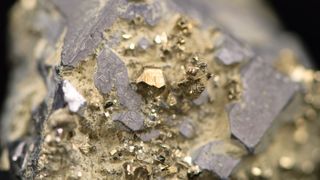
What's the difference between a rock and a mineral?
By Sascha Pare published
Rocks and minerals are closely related, but there are fundamental differences between the two.
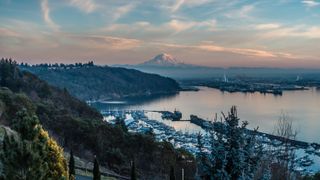
'The difference between alarming and catastrophic': Cascadia megafault has 1 especially deadly section, new map reveals
By Stephanie Pappas published
The Cascadia subduction zone is more complex than researchers previously knew. The new finding could help scientists better understand the risk from future earthquakes.
Sign up for the Live Science daily newsletter now
Get the world’s most fascinating discoveries delivered straight to your inbox.
